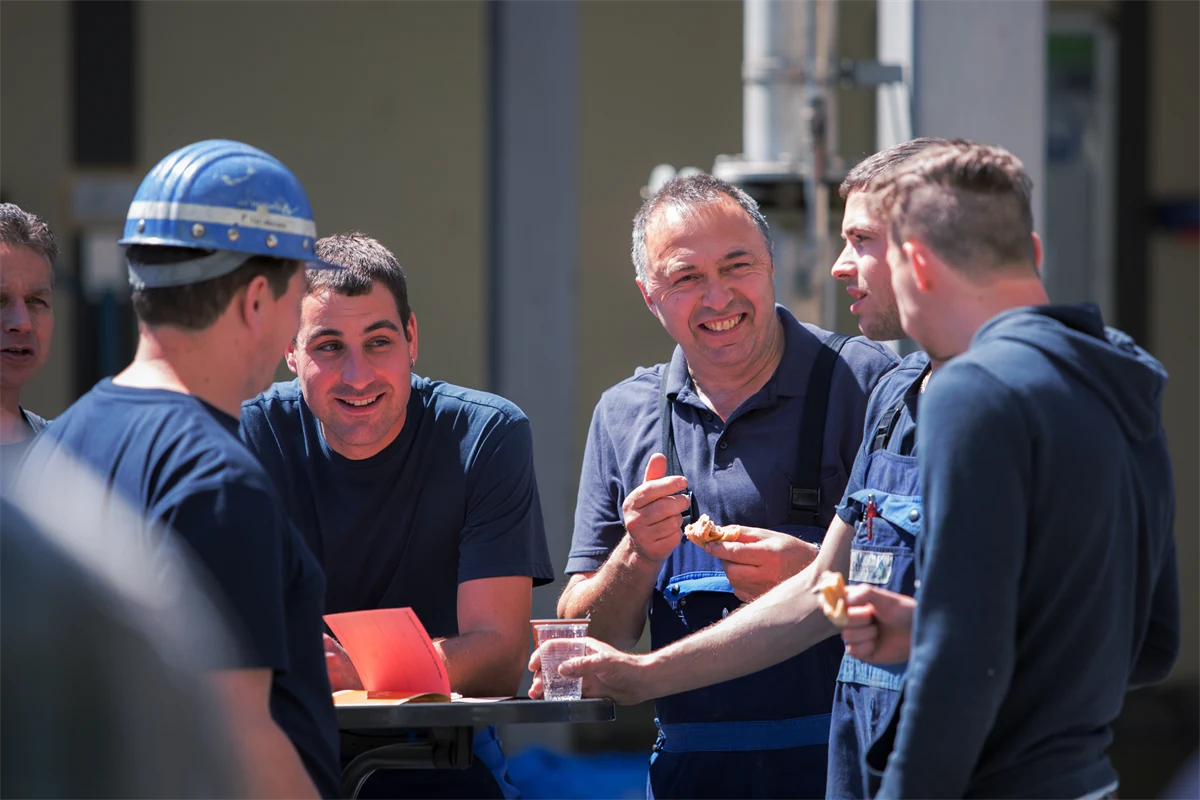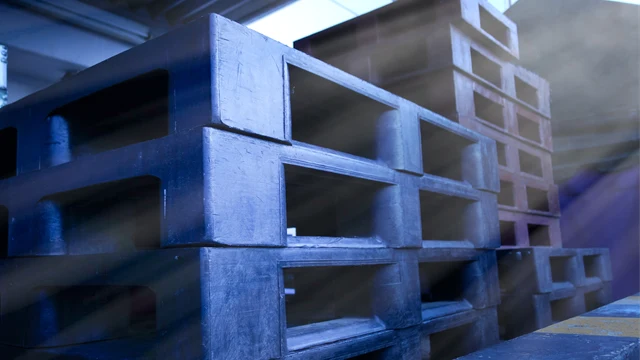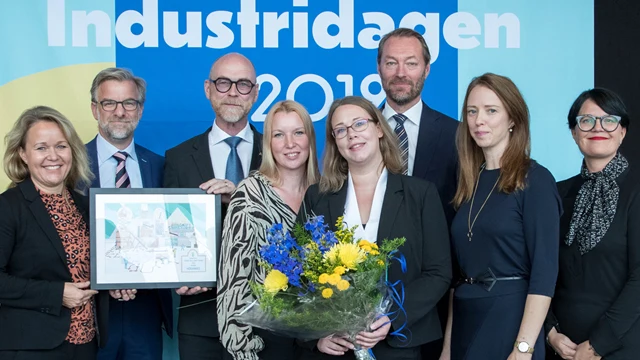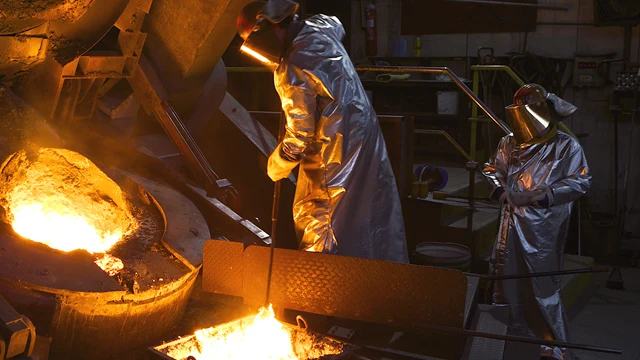
Workplace
People development
Through the annual People and Competence Review, we identify competence gaps based on business needs to ensure that the right competence is available at the right time and place. Our Competence Development Forum gathers twice a year to follow up on the competence plan derived from the review, and to align our ways of working.
During 2019 we created the foundation for the Höganäs Academy: practical tools and learning resources to support our co-workers in improving and growing. The concept is based on four principles to establish a lifelong learning mind set across Höganäs:
- Accessibility. Learning is available anytime through our digital platform.
- Relevance. Learning is an integrated part of our work, where content is constantly being refined to be relevant.
- Engagement. Learning is provided in different forms and with different pedagogic approaches to suit everyone and create engagement.
- Process. Learning occurs in stages where theory, practice, feedback and reflection together form our learning process.
A special focus during 2019 has been training within Powder Metallurgy, leadership and content used in the induction process. Everyone can follow their own development and managers can agree on development goals for co-workers on an individual basis, based on the results from the performance and development talks.
It is still too early to benefit from all the advantages of the concept, but in a year’s time the system will be fully in use and we will also have statistics to be able to follow-up on our performance in the system.
On average Höganäs Group provided on average 10 (13) hours of formalized training per co-worker in 2019. In total, 25,240 (25,800) hours were reported from our sites world-wide.
Our target for 2019 was that all our co-workers should have an individual performance and development talk. We did not reach 100 per cent, as not all countries where we operate apply individual performance and development talks for all employees. The outcome for 2019 was 66 per cent globally, and 94 per cent for the Swedish sites.


